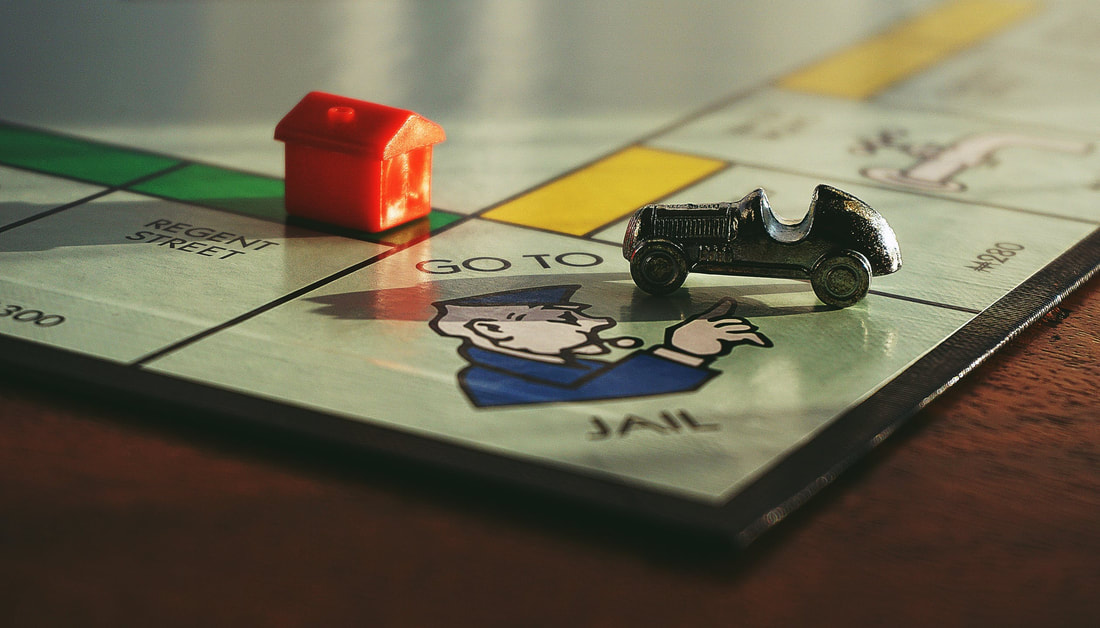 Photo by author
Photo by author From my book, “The Power of Dadhood”
“What It Takes To be a real Dad
A Dad does not need to be handsome, strong, athletic, macho, rich, eloquent, college educated, or even married to the child’s mother, as is often the situation. Although many men want to be these things, such characteristics don’t make a man a Man or a father a Dad.
A Dad does need to be loving, available, caring, interested, and involved, as well as a nurturing teacher, disciplinarian, coach, cheerleader, and so much more.”
Look at the list below. If your father is, or does, just five of these things, then he qualifies as a Dad! But I bet most fathers are, or do, many more than five!
My Dad is my:
Security guard
Coach
Mentor
Caretaker
Taxi Driver
Someone to play catch with
Bad joke teller
Superhero
Keeper of my secrets
Fixer of things
Disciplinarian
Storyteller
Listener
Example
Helper
Adventure guide
Lover of children’s art
Photographer
Provider
Counselor
Challenger
Partner to my Mom
And your greatest fan!
Fathers, looking at the list above how would your children rate you as a Dad? How would you rate yourself? It’s a simple check to help you reflect on your parenting. We don't want to just get by, we want to excel. Engagement comes before skill.















